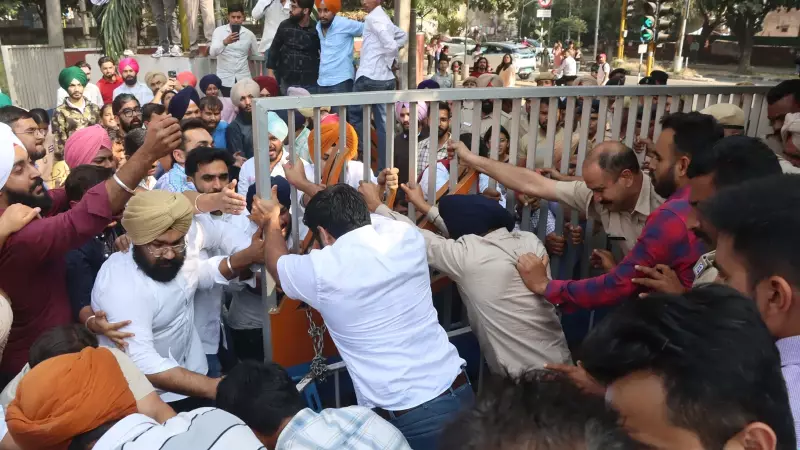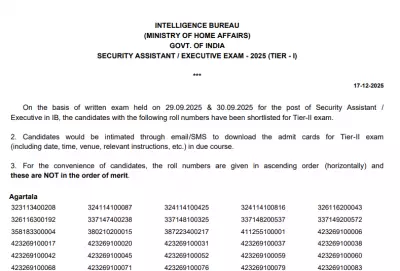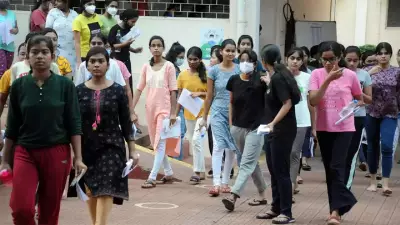
A storm of protest has erupted at Panjab University as a controversial affidavit proposing fundamental changes to its governance structure faces vehement opposition from academic circles. The proposed overhaul, which would alter the 75-year-old administrative framework, is being labeled as 'undemocratic' and an infringement on the university's constitutional rights.
What the Controversial Affidavit Proposes
The disputed document suggests significant modifications to the university's Senate composition and operational mechanisms. Critics argue these changes would fundamentally undermine the institution's autonomy and democratic functioning that has been carefully preserved for decades.
Growing Voices of Dissent
Faculty members, student representatives, and alumni associations have united in their condemnation of the proposed changes. 'This isn't reform—it's a takeover of university autonomy,' stated one senior professor who wished to remain anonymous. The opposition has been gaining momentum with each passing day, as more stakeholders become aware of the potential implications.
Historical Context and Constitutional Concerns
Panjab University's current governance structure has been in place since its establishment, designed to balance administrative efficiency with academic freedom. The proposed changes, opponents argue, would concentrate excessive power in fewer hands while marginalizing elected representatives from academic decision-making processes.
'We're witnessing an attempt to dismantle the very foundations that have made this institution great,' remarked a member of the university Senate. 'The timing and manner of these proposed changes raise serious questions about the motives behind them.'
What's Next for the Prestigious Institution?
As the debate intensifies, all eyes are on the university administration and government authorities to see how they respond to the growing backlash. The outcome of this confrontation could set a precedent for other universities across India facing similar governance restructuring attempts.
The academic community remains vigilant, with many vowing to continue their resistance until the controversial proposal is withdrawn entirely.





